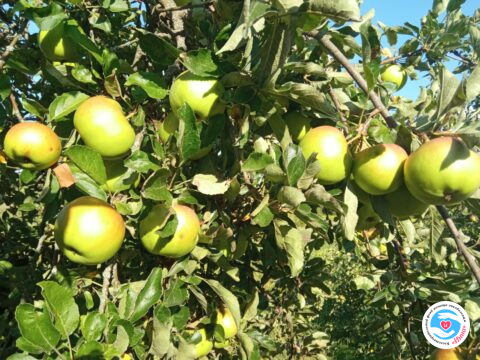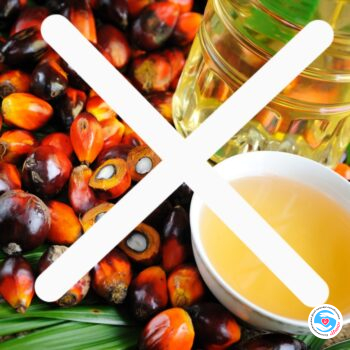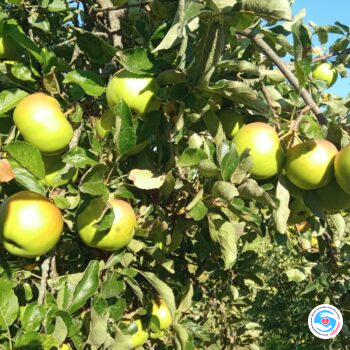
We all know that cancer is the leading cause of death for people worldwide. On our website, the staff of the Inna Foundation constantly publishes research materials by scientists that closely link a healthy diet with a high content of fruits with a lower incidence of cancer. In addition, many studies prove that the secondary metabolites of plants – phytochemicals – have oncoprophylactic and chemoprotective effects. We constantly draw the attention of our readers to the fact that nature itself gives people everything they need for health. But very often in stores, people prefer products that are doubtful for health benefits in beautiful rustling packages, skipping the usual and familiar to us, but very useful, “gifts of nature”. Did you know that eating 1-2 apples per day people can reduce the risk of cancer by 30-50%?
A group of scientists from New Zealand conducted a study, the results of which were published in the journal Nutrients. Specialists from Massey University, the Institute of Plants and Foods, and the University of Otago studied the onco-prophylactic and chemoprotective effects of bioactive compounds in apples.
As you know, apples are widely consumed all over the world. They are available all year round. But most importantly, these fruits are rich sources of phytochemicals: organic acids, fatty acids, and malic phenolic compounds.
It is believed that the anti-cancer effects of apples are mainly due to the phenolic compounds they contain, such as phloretin, quercetin and its glycosides, chlorogenic acid, catechin and epicatechin. However, while much of the research has focused on phenols, there is strong evidence that triterpenoids, found primarily in apple peels, also have potent chemopreventive and chemoprotective effects.
Scientists carefully describe the protective properties of each of the substances listed above, as well as their role in suppressing cancer cells. Experts pay special attention to the peel of apples and recommend eating whole apples. The fact is that the peel of an apple is a rich source of triterpenoids and to a large extent can give a greater anti-cancer effect. Triterpenoids are composed of oleanolic acid and its isomer, ursolic acid and betulinic acid. These substances inhibit proliferation, induce apoptosis, affect the production of reactive oxygen species, inhibit invasion and metastasis, and angiogenesis. That is, these substances really negatively affect the growth of malignant tumors and the death of cancer cells!
The researchers note that regular consumption of apples is associated with a reduction in the incidence of many types of cancer, such as breast cancer, colorectal cancer, oral and pharyngeal, esophagus, larynx, ovarian, kidney and prostate cancer.
An apple is a unique and useful fruit for humans, known since ancient times and whose protective properties were well known to the inhabitants of ancient civilizations! It’s not for nothing that people say: “An apple for lunch – and there are no diseases”!












